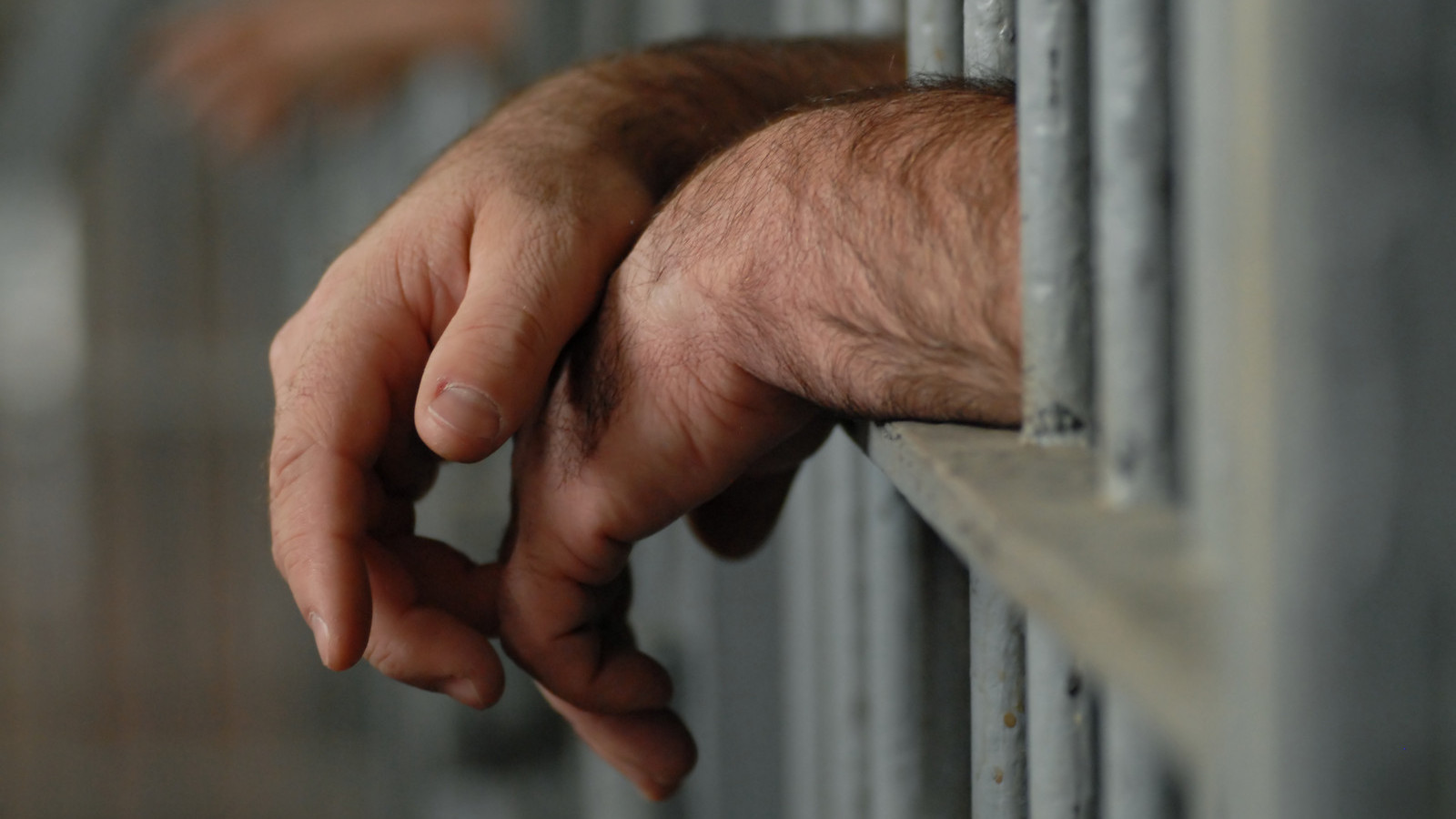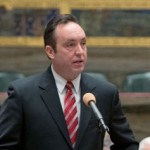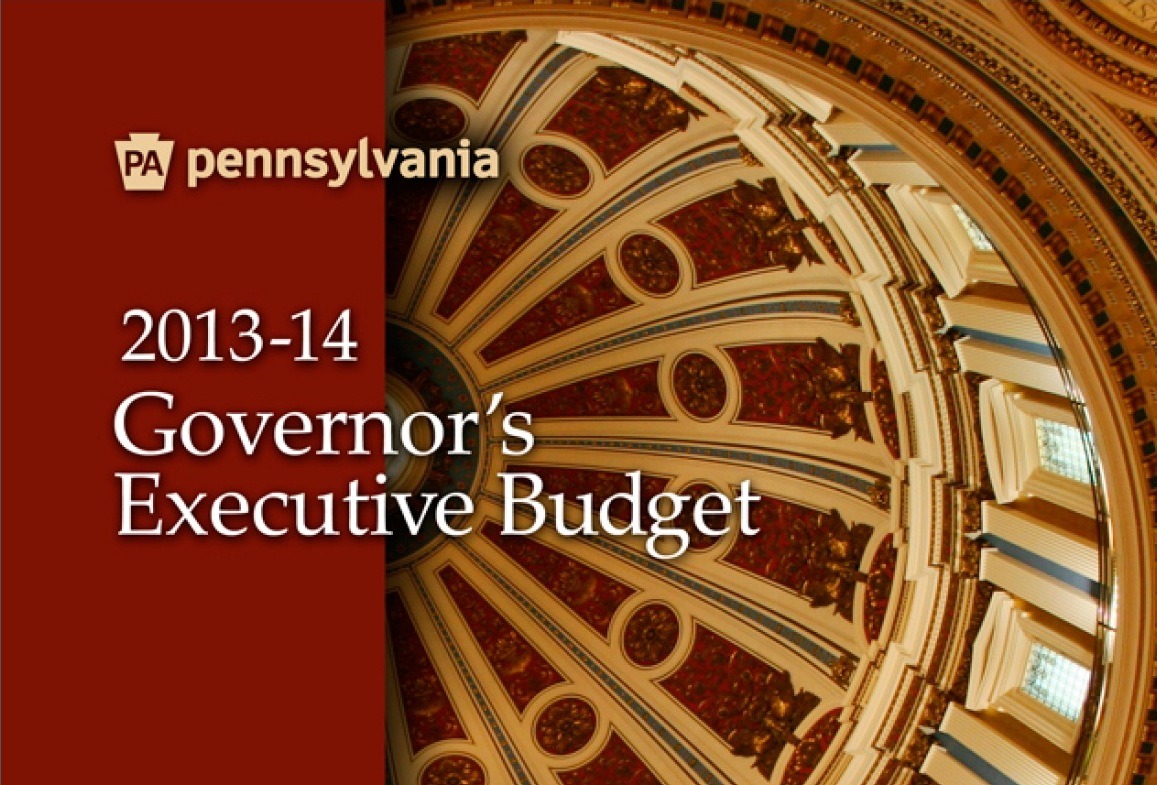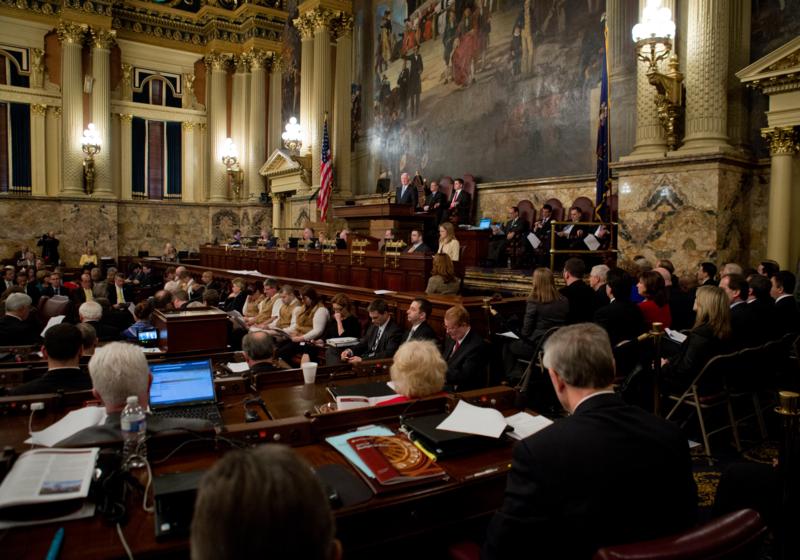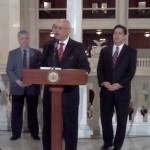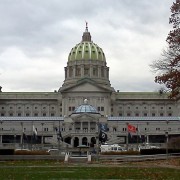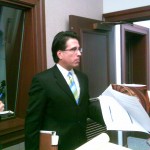Corrections Secretary Focused on Outcomes
‘Corrections’ is a literal term for Secretary John Wetzel. That’s why he told the House Appropriations Committee the Department of Corrections new recidivism study accounts for both re-incarcerations and rearrests. “We need to focus our corrections system on outcomes, and our outcomes mean people getting out and doing the right thing,” Wetzel explains, “So that’s why our [recidivism] number is 62.7%, because it includes everything.”
The numbers contained in the new report are being used as a baseline to improve the system moving forward. Wetzel says their new contracts with private halfway houses will be performance based, with incentives for reducing recidivism. Internally, he says improvement starts by better assessing offenders’ needs and better use of state & county-level diversionary programs.
Between efficiencies that have already been identified and the new prison reforms signed into law last year, Wetzel projects a reduction of 3,600 state prison inmates over the next five years.
That means additional prison closures are going to be a part of the budget conversation in Pennsylvania for many years to come. And Secretary Wetzel is still dealing with the fallout from the recent decision to close SCI Greensburg and SCI Cresson later this year.
State Rep. Deberah Kula called it a “debacle.” Responding to Kula’s questions at Monday’s budget hearing, Wetzel said 85% of the affected employees have already accepted transfers within the system, and 80% of them will be stationed within 60-miles of their homes.
“Not minimizing the impact it has on staff members… this is what saving money in corrections looks like,” Wetzel said in reference to inmate populations driving prison closures.
Secretary Wetzel has committed to working with the House & Senate Judiciary committees to develop prison closure protocols moving forward.


